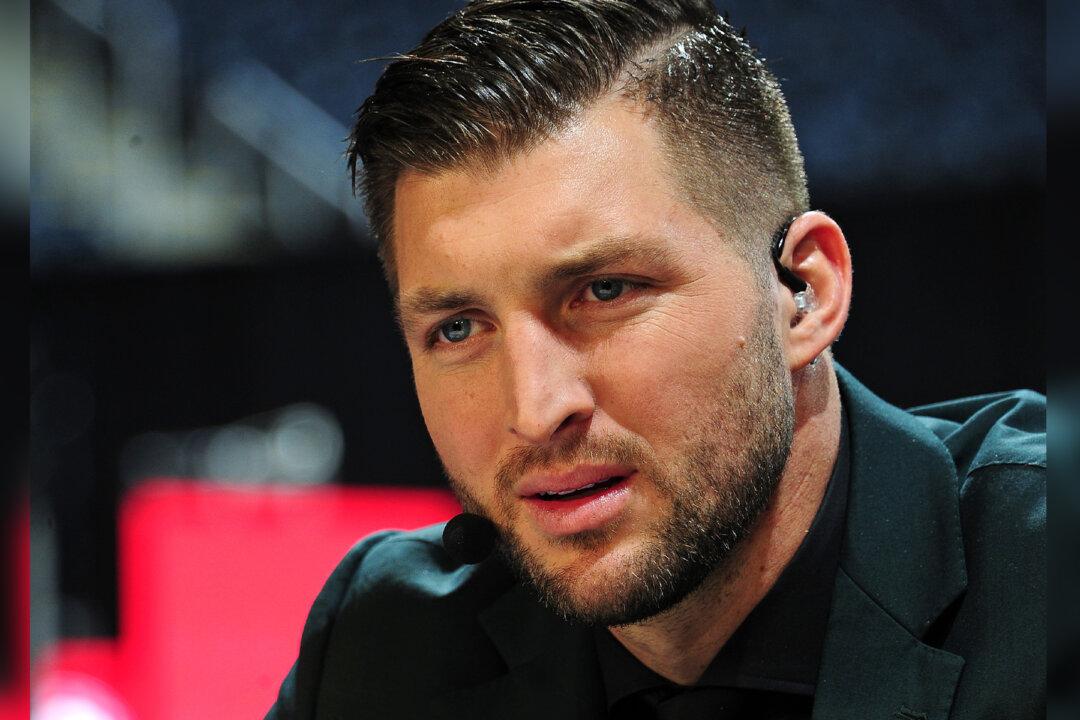Tim Tebow was in his mid-twenties when he got a phone call that he would never forget. His dad called to say he’d just purchased four young girls from somewhere overseas.
At the time, Tebow had no idea such transactions were even possible, as he shared in an op ed published Friday on Fox News.





